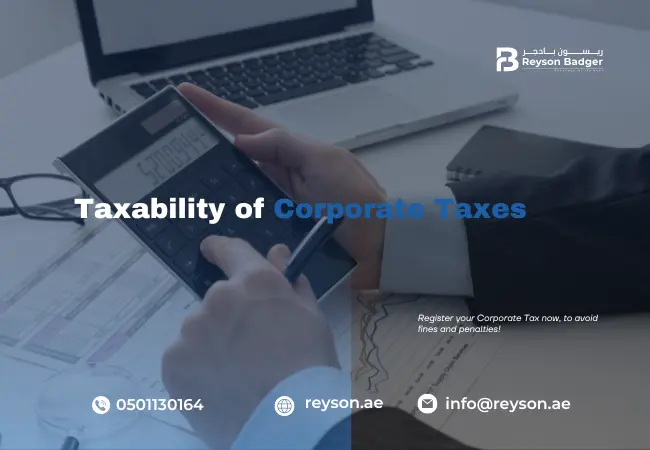
Dubai, the dazzling city of the United Arab Emirates (UAE), has long been known for its tax-friendly reputation. But things have changed a bit recently. Let's break down the situation for businesses considering setting up shop in Dubai, focusing on the new corporate tax.

Most businesses operating in the UAE will be subject to the corporate tax. There are some exceptions, like government entities and businesses in specific industries, but it's best to consult with a tax advisor for the specifics.
The corporate tax applies to the net profits of your business, which is basically your income after subtracting your expenses.
Remember the two brackets? Up to 375,000 AED - 0% tax. Anything above that - 9% tax. There might be additional rules for very large multinational companies, but that's a more complex situation.
Free zones in Dubai, like the Dubai International Financial Centre (DIFC), may have some different tax rules. These zones often offer additional benefits for businesses, so it's worth exploring them if they fit your needs.
Dubai's new corporate tax system presents both challenges and opportunities. While the tax rates remain competitive, navigating the process requires careful planning. Here are some steps to consider:
By understanding the corporate tax landscape and seeking professional guidance, Dubai can remain an attractive location for your business to thrive.
Dubai remains an attractive location for businesses, with a competitive corporate tax regime and a focus on growth. While there's a new tax, the exemptions for smaller businesses and the overall low rates make it a good place to consider.